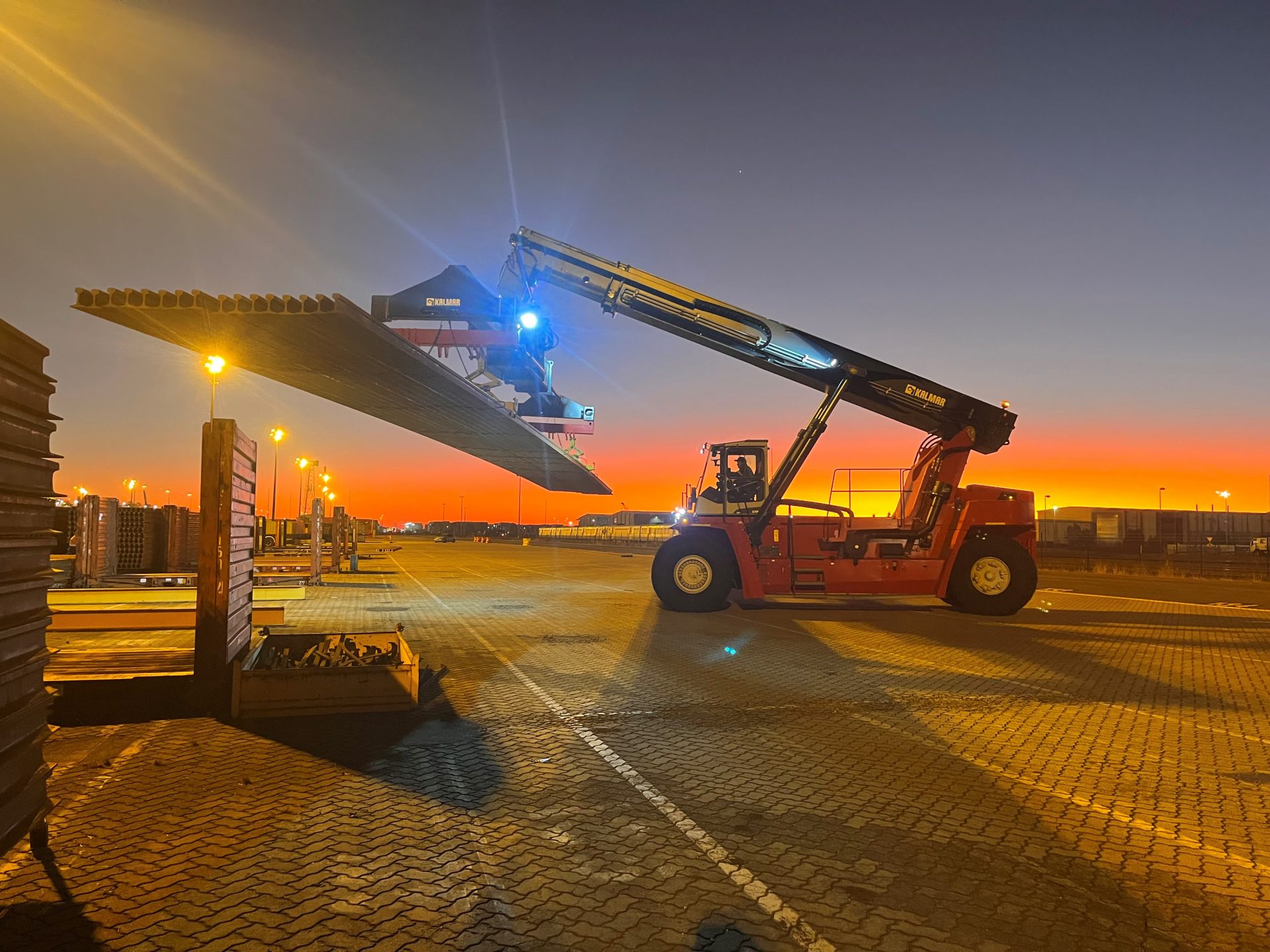The pandemic has disrupted nearly every component of the global supply chain. This has occurred from the pipeline of transportation and logistics that receive goods from where they are manufactured, all the way through to where they are sold.
Internationally and locally, manufacturing, and other industries that rely on land transport are periodically not operating at full capacity due to lockdowns. Therefore, predictability for timing of incoming goods has reduced.
When planning stages for Heavy and Overdimensional Transport can be as long as six months and involve many third parties on the road, reduced visibility for incoming shipments creates its own unique challenge. ODLS works closely with the customer and the Port to arrange lay down, which along with reduced availability of labor in all points of the transport supply chain creates congestion, delivery delays, and higher freight rates.
Oversized and Heavy fleet transport businesses such as ODLS catering to essential services such as Power Generation are less impacted by the economic downturn since they are able to maintain business continuity. As a result, staffing is a key risk to providing the best possible outcome for our critical role in transporting Power Transformers, Rail, Rail vehicles, and other heavy plant to these industries. Currently ODLS and many other heavy transporters have standing advertisements to fill driving and administrational roles. ODLS are investing substantially more than award rates to employees and are constantly working towards staff satisfaction and retention.
Due to the supply chain issues, heavy fleet transportation owners are vulnerable to degraded service in the maintenance and repair sector. Heavy and Overdimensional equipment often requires parts which are not commonly stocked in Australia. Delays for international parts to arrive, combined with a Labor shortage in the maintenance sector, creates the need to have spare vehicles to ensure continuous service to consumers. Inevitably this leads to higher costs to the end user.
As a result of the pandemic, many countries are reshoring their productive capacity in order to reduce the impact of supply chain delays. Within Australia, the shortage of skilled and experienced staff in transportation has been predicted for several years and is being addressed by Industry bodies. Major investment in infrastructure, including ports, ships, trucks, and trains, is being planned by Government sectors. Individual Businesses are investing in intelligent management systems and finding ways to reduce their dependency on administrational staff. While these strategies will improve the long term stability of global supply chains, the process is costly and time consuming, contributing to the increased cost of living experienced worldwide.

